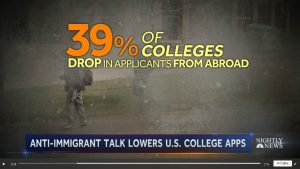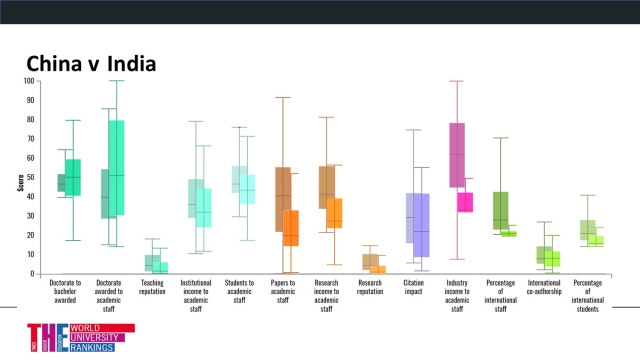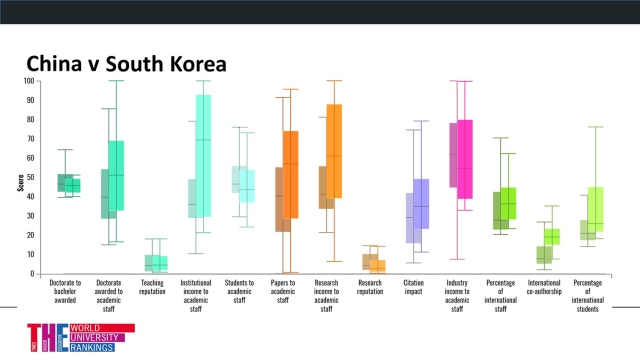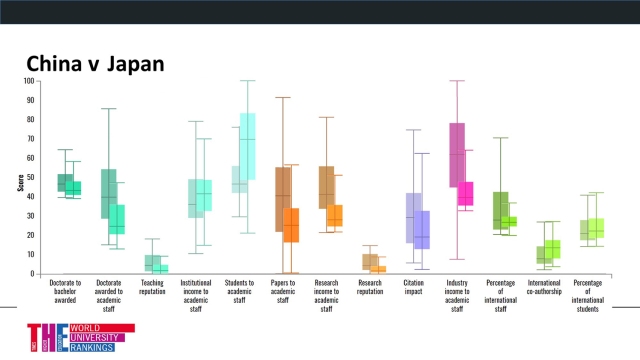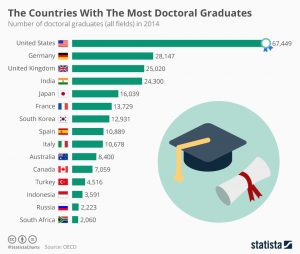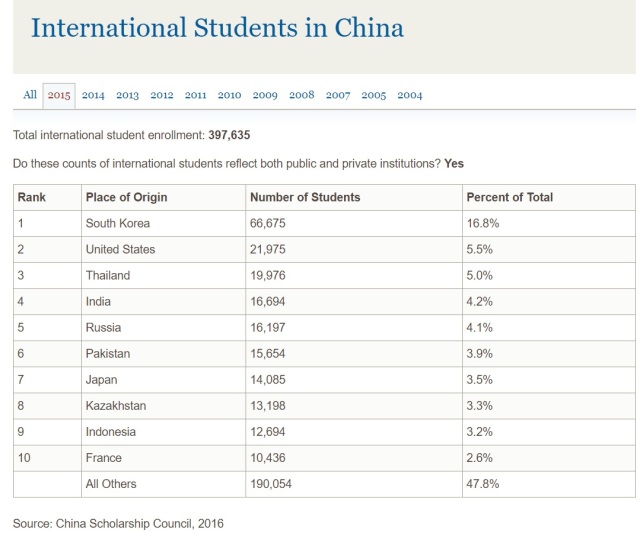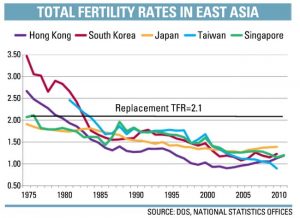Hello Everyone! 🙂
For this last post, I wanted to tie in this week’s article with our earlier (way earlier) discussion of where the next leading university in Asia will be. In CJ’s presentation [link: https://prezi.com/ch9l6zynilgb/copy-of-mind-mapping-template/?utm_campaign=share&utm_medium=copy], it was concluded that Singapore and the ZhuJiang Delta Area of China (including Hong Kong) would be among the top spots for a leading university.
The World Economic Forum summarized Times Higher Education’s identification of 53 “international powerhouses” – those “institutions that have the best chance of catching up with (and even overtaking) the world’s best universities.” Here is the listing and the article link:
https://www.weforum.org/agenda/2017/03/universities-overtake-harvard-cambridge-oxford?utm_content=buffer3ecda&utm_medium=social&utm_source=facebook.com&utm_campaign=buffer

Of the Asian countries, Singapore is listed first according to current world ranking, followed by China, and then three schools in Hong Kong. This lines up well with CJ’s predictions in her presentation.
Additionally, HSBC does a yearly expat survey. Over 26,000 expats were surveyed on most of the factors CJ identified as important contributions to a leading university in a given country. I think the connection between expats and universities, even if the expats did not attend a university in the country they reside in, is important. If there is a large, healthy, and productive expat community in a country and/or metropolis, it shows promise for the future for the development of the next “international powerhouse.” Singapore, unsurprisingly at this point, is number 1. Hong Kong is number 13. Here is the link their comparison. The second link is to the home survey which is super neat to explore!
https://www.expatexplorer.hsbc.com/survey/country/singapore/hong-kong
https://www.expatexplorer.hsbc.com/survey/
Based off of what I’ve learned in this class including lecture, presentations, readings, and my own research for this blog, I think I can declare with confidence that the next leading university will be in Singapore (pending any significant changes from other countries and their universities of course!)
What do you think of the connection between expat satisfaction and leading university location? Where have you concluded that the next leading university in Asia will be?
